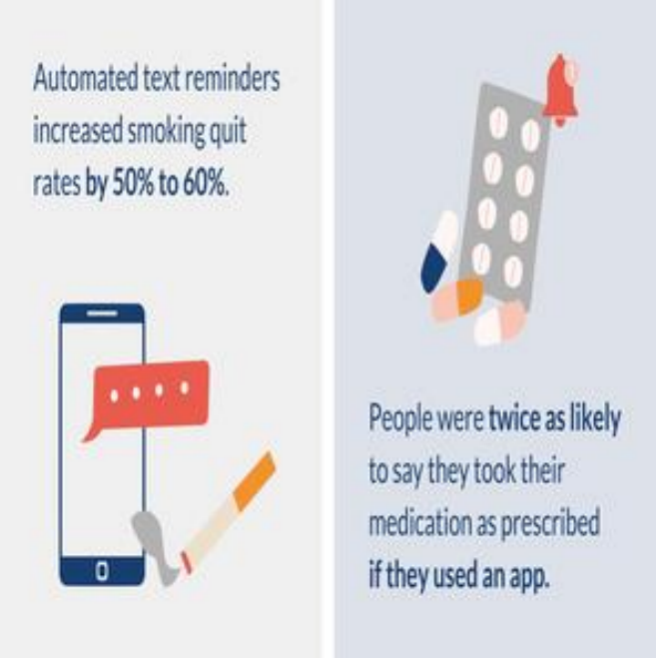Health Tech: Fact or Fiction in Self - Diagnosis?
In today's world, where digital advancements are everywhere, many people are turning to health apps and AI-driven doctors for easier healthcare options. For those who spend a lot and appreciate quick and modern technology, the appeal of diagnosing themselves with these apps is strong. Yet, one important question persists: how trustworthy are these tools in evaluating and handling personal health?

The Double - Edged Sword of AI - Driven Diagnosis
Health apps powered by AI promise precise diagnoses by examining a wide range of data. These tools typically employ machine learning techniques to analyze symptoms, personal medical histories, and data from wearable devices. Although they can spot trends and propose possible health issues, their precision is not guaranteed. AI systems depend on existing data, and if these databases are partial or biased, the resulting diagnoses might be significantly inaccurate. For instance, if certain ethnic groups are insufficiently represented in the training data, individuals from those groups may receive flawed assessments.

Additionally, AI-driven doctors miss the emotional understanding and instinct that human physicians have. They are unable to perceive subtle non-verbal signals, like a patient's body language or feelings, which are important for grasping the overall situation regarding a health problem. Wealthy individuals who have complicated medical histories or specific health needs might discover that AI-enabled self-evaluations overlook the complexities of their situations.
Data Privacy Concerns in Health Apps
Consumers with higher spending habits tend to be more aware of data privacy issues, especially concerning health apps that present notable risks. These applications gather a substantial amount of personal health data, such as genetic information, biometric measurements, and comprehensive medical backgrounds. Often, the policies regarding data sharing within these apps are complicated, leading users to inadvertently agree to their data being sold to external companies. For wealthy individuals, the risk of sensitive health information being compromised could result not only in privacy problems but also affect insurance costs and professional reputations.In addition, the protection of health app data raises valid concerns. As cyberattacks become increasingly advanced, the threat of data breaches grows more serious. High-income users who depend on these applications for self-diagnosis must carefully evaluate the security protocols in place and the potential fallout from a data breach before sharing their health information with these services.
The Role of Health Apps in Complementary Care
Although they have their drawbacks, health apps and AI doctors can be quite helpful when used alongside traditional care. They are particularly useful for everyday health tracking, like monitoring sleep habits, heart rates, or daily physical activity. These apps can also remind users about medication times, vaccinations, and necessary check-ups, assisting busy people in managing their health effectively.Certain premium health apps even provide customized wellness plans that adapt to a person's lifestyle, eating habits, and fitness objectives. These plans can connect users with virtual trainers, nutritionists, and mental health professionals, making health management more well-rounded. Nevertheless, it’s crucial to think of these services as additions rather than substitutes for professional medical guidance.
When to Seek Professional Help
Consumers who spend a lot should be careful when it comes to self-diagnosing and must recognize when it's necessary to seek help from a qualified doctor. If a health app or AI doctor indicates a potentially serious medical issue, it’s important to get a professional assessment without delay. Likewise, if symptoms persist or worsen, if there are complicated medical histories, or if any health concerns lead to anxiety, depending solely on self-diagnosis can pose risks.

In summary, even though health apps and AI doctors provide convenience and useful features, relying on self-diagnosis through these platforms may not always be trustworthy. For those who invest significantly in their healthcare, finding the right balance between the advantages of digital health tools and the skills of traditional medical practitioners is essential for accurate diagnoses and the best health results.
(Writer:Matti)
